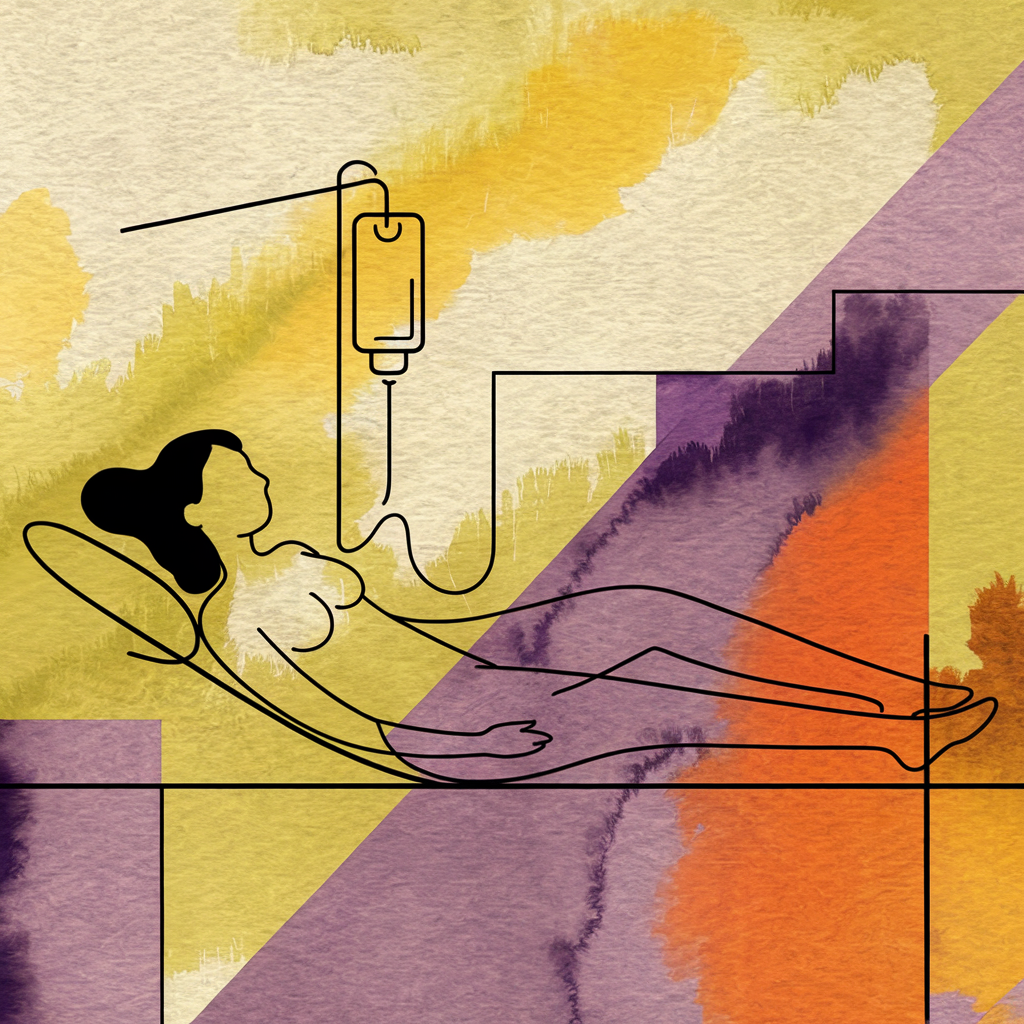Kyoto University’s CiRA Foundation is set to begin automated production of patient-derived induced pluripotent stem (iPS) cells in April, a move aimed at making regenerative therapies more widely accessible. By utilizing a German-made immune cell production system, the foundation has successfully reduced the time required to generate iPS cells to just one month.
iPS cells are valuable for regenerative medicine. However, manually producing these cells from a patient’s own tissues is both time-intensive and costly—taking around six months and costing approximately ¥50 million ($316,000) per patient. The CiRA Foundation’s automated approach is expected to significantly cut both time and expenses, potentially making immune rejection-free cell therapies more viable.
The newly established Uehiro Laboratory for iPS Cell Research in Osaka will initially be equipped with four units of the automated system, producing enough cells for 20 patients per year. Over the next decade, the foundation aims to increase capacity to 1,000 patients annually by developing Japanese-made automation systems in collaboration with Canon and Panasonic. This expansion is expected to lower the cost of iPS cell production to ¥1 million per patient.
Masayoshi Tsukahara, the foundation’s research and development chief, emphasized the importance of scaling production, stating, “We hope to increase treatment options by making rejection-free autologous cell therapies available to many patients.”
With automation improving efficiency and cost-effectiveness, the CiRA Foundation’s efforts could mark a significant step toward broader applications of iPS cells in regenerative medicine.


